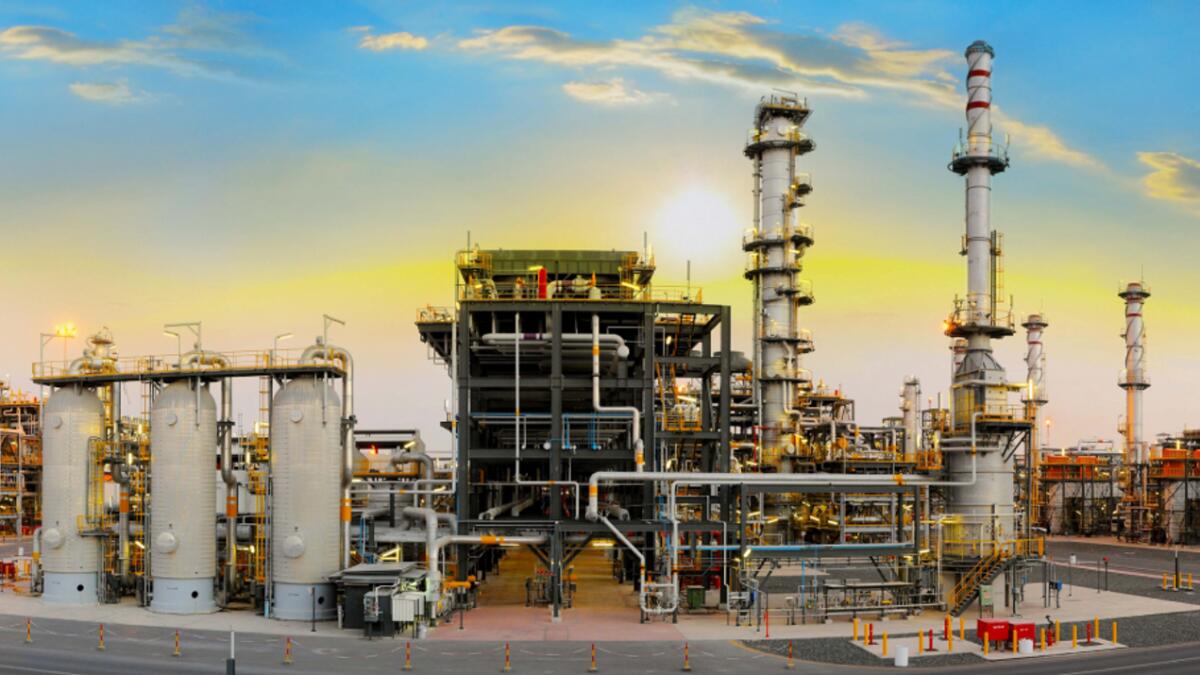The International Monetary Fund (IMF) has projected that the UAE will maintain strong fiscal and external surpluses due to the relatively strong oil prices. With an expected increase in oil GDP growth this year, the UAE’s Opec+ quota increase is contributing to higher crude oil production. Despite geopolitical tensions, the UAE authorities have responded swiftly to recent flooding, containing any potential impacts.
The IMF staff team led by Ali Al Eyd stated that the general government surplus is projected to be around 5.0 per cent of GDP in 2024, with public debt on track to decline further towards 30 per cent of GDP. Capital spending is expected to meet infrastructure needs, and the introduction of the corporate income tax will support non-hydrocarbon revenue. The current account surplus is projected to be around 9.0 per cent of GDP in 2024, with an overall real GDP growth of 4.0 per cent and average inflation close to 2.0 per cent.
Despite a positive outlook, the IMF team also highlighted uncertainties and external risks such as geopolitical tensions, global growth, financial conditions, and commodity price volatility. The UAE’s economic growth is driven by robust activity in sectors like tourism, construction, manufacturing, and financial services. Foreign demand for real estate, increased ties, and the country’s haven status continue to contribute to rapid growth in housing prices and rents.
The IMF officials noted that banks in the UAE have strong capital and liquidity buffers, improved asset quality, and resilient credit growth. The Central Bank of the UAE plans to restore reserve requirements to historical levels for demand deposits. Efforts to enhance monitoring of financial stability risks from climate change, real estate sector activity, and domestic liquidity through the Dirham Monetary Framework were encouraged by the IMF team.
The IMF welcomed the UAE’s efforts under the National Anti-Money Laundering/Combating the Financing of Terrorism Strategy and Action Plan, resulting in the country’s removal from enhanced monitoring by the Financial Action Task Force. The IMF stressed the importance of gradual fiscal consolidation and structural reforms to ensure medium-term fiscal sustainability. Further improvements in tax collection and administration, enforcement of compliance, and capacity building were recommended.
The IMF called for coordinated efforts to advance Comprehensive Economic Partnership Agreements (CEPAs), attract Foreign Direct Investment (FDI) and talent, and fully implement strategies in Artificial Intelligence (AI), Digital Economy, and Green initiatives. Measures to ensure a level playing field, enhance access to finance, close the gender gap, and modernize social safety nets were also encouraged. Continued progress in enhancing data standards and transparency was highlighted as crucial for economic assessment and reform implementation.











